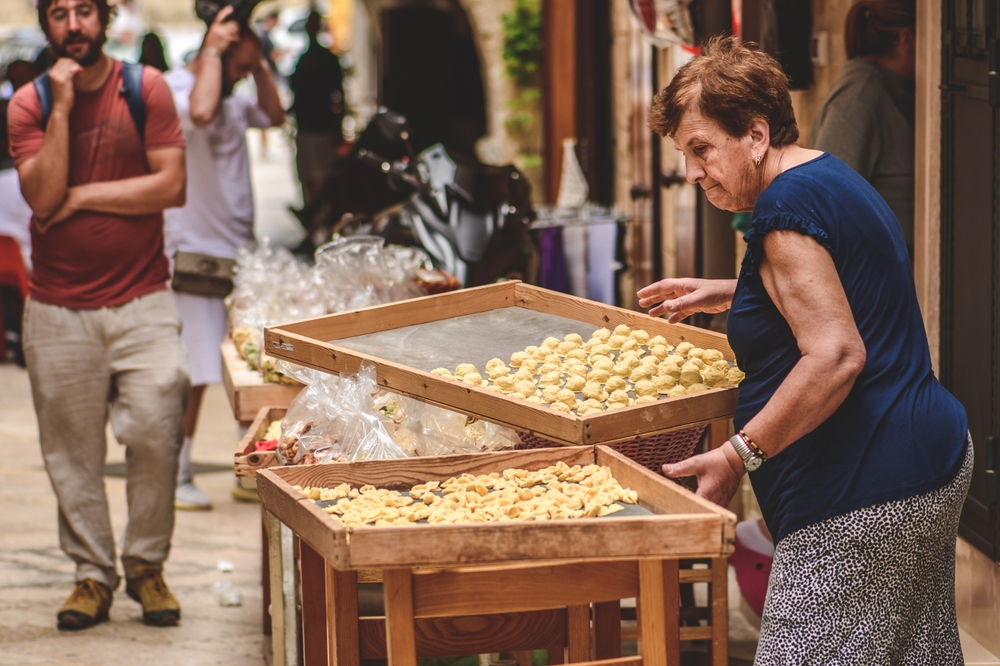Over the weekend, a unique protest took place in Bari’s historic Arco Basso street, where local women traditionally hand-make and sell orecchiette pasta. Many vendors refrained from displaying their goods or crafting the pasta in public—a beloved attraction for tourists visiting Bari Vecchia. The strike was sparked by accusations, stemming from a viral video, that industrial orecchiette were being sold as handmade. While some pasta-makers claim the dried pasta is still artisanal, intended for tourists to transport home, the lack of oversight has left the issue murky.
The controversy escalated after police inspections were conducted and gained further attention through an investigative piece by Mi manda Rai Tre. The program highlighted poor hygiene conditions in a home restaurant where orecchiette were being made, sparking public scrutiny. These events have led to a broader debate about the need for regulations, as the pasta-makers currently operate without formal guidelines.
Bari’s mayor, Vito Leccese, expressed his commitment to preserving the cultural heritage of Arco Basso while ensuring health and safety standards. According to Leccese, the city is working on a plan to strike a balance between tradition and compliance. However, vendors claim that their requests for support and regulation have gone unanswered, leaving them in a precarious position.
As discussions unfold, the orecchiette of Arco Basso remain a symbol of Bari’s cultural identity, but the tension highlights the growing challenges of blending age-old traditions with modern expectations. Local authorities are now tasked with finding a solution that safeguards both the artisans and the reputation of one of Bari’s most cherished attractions.

